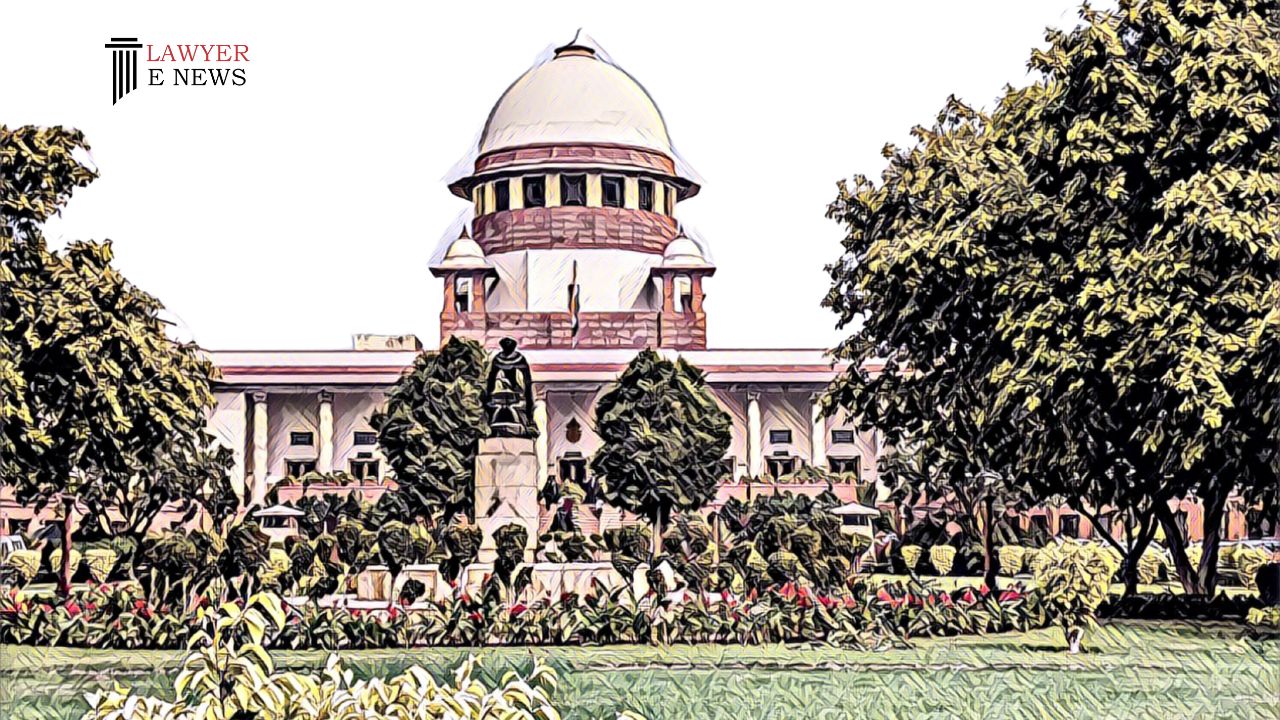-
by Admin
16 February 2026 1:47 PM



In a significant judgment dated February 2, 2024, the Supreme Court of India, comprising Justices Abhay S. Oka and Pankaj Mithal, dismissed the appeals filed by the accused in the infamous murder case stemming from a property dispute. The bench upheld the life imprisonment sentences of the accused, convicted under Section 302 in aid with Section 149 of the Indian Penal Code (IPC).
The case, registered as Criminal Appeal No. 1954 of 2012 along with connected appeals, revolved around a brutal assault leading to the death of Shivanna, with the dispute over property rights cited as the primary motive. The judgment noted, “It was in annoyance with the above litigation that A-9 and his family members decided to do away with Shivanna and his family members for which they took help of their friends A-4, A-5 (who were known for their antisocial activities and were on Police record as ‘rowdies’) and A-7” (Para 9).
The court meticulously examined the events leading to the murder, emphasizing the role of the accused in the unlawful assembly. “They all indulged in assaulting one or the other members of his family with the weapons in their hand except for A-8 and A-9 who remained standing at the door of the house” (Para 13). The testimonies of the injured eyewitnesses, the wife and daughter of the deceased, played a crucial role in establishing the guilt of the accused.
In dismissing the appeals, the bench underscored the principles governing the application of Section 149 IPC. The judgment stated, “This evidence is sufficient in itself to establish that they had assembled in front of the house of the deceased Shivanna sharing a common intention of doing an unlawful act of eliminating the family of the deceased Shivanna” (Para 17).
The court found no merit in the contention challenging the medical evidence and reaffirmed the reliability of the eyewitness testimonies, dismissing the appellants’ arguments. “The evidence of the aforesaid two eyewitnesses could not be shaken in the cross-examination” (Para 16).
Concluding the judgment, the bench held, “In view of the aforesaid facts and circumstances, we do not find any error or illegality in the judgments and orders of the two courts below” (Para 23). Consequently, the appeals were dismissed, and the appellants were directed to surrender and serve their remaining sentences.
Date of Decision: 2nd February 2024
HAALESH @ HALESHI @ KURUBARA HALESHI VS STATE OF KARNATAKA
